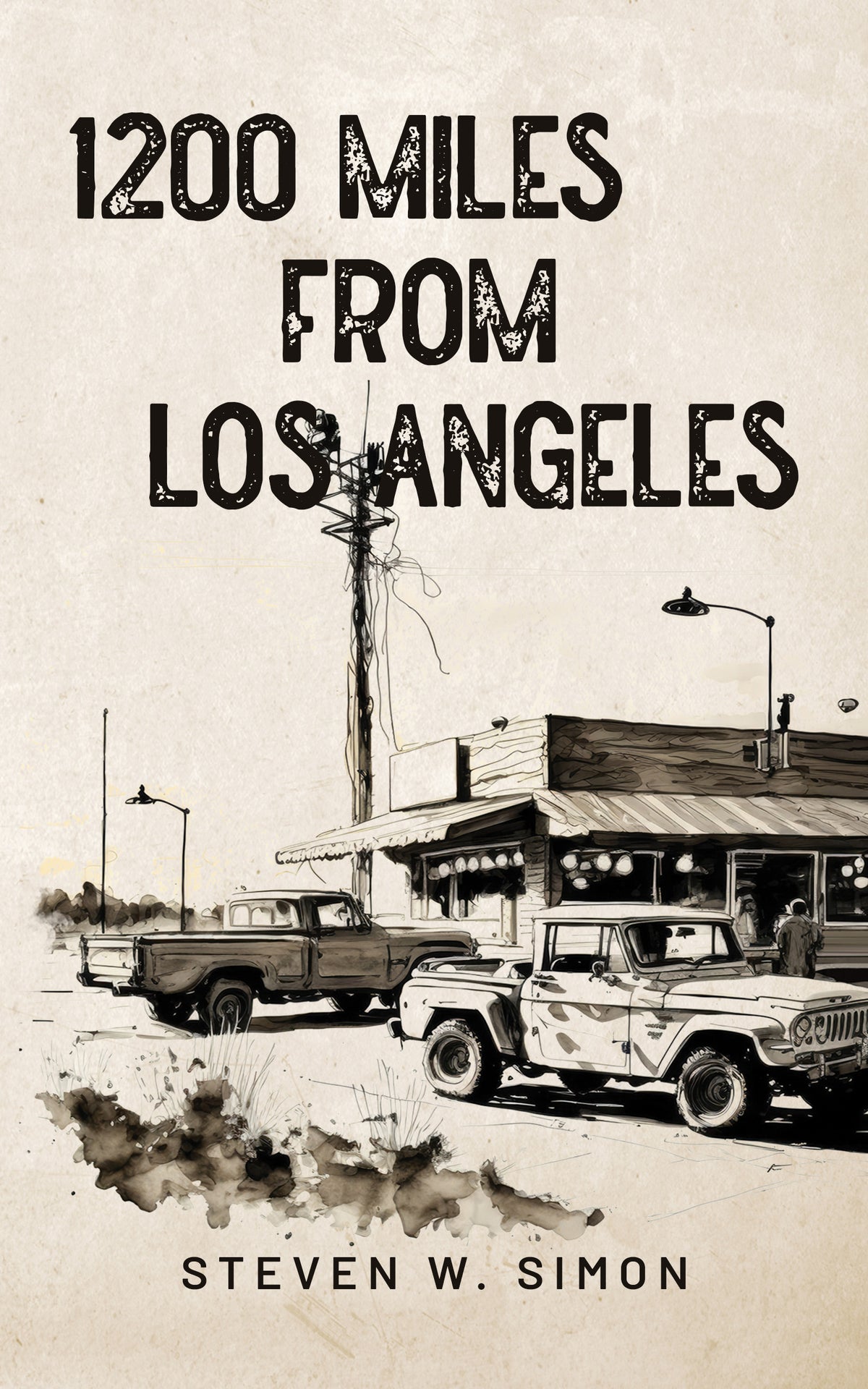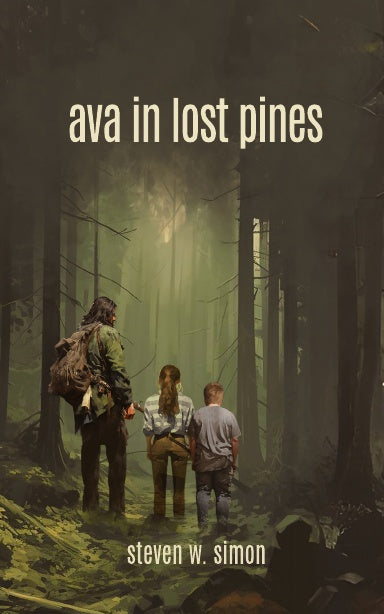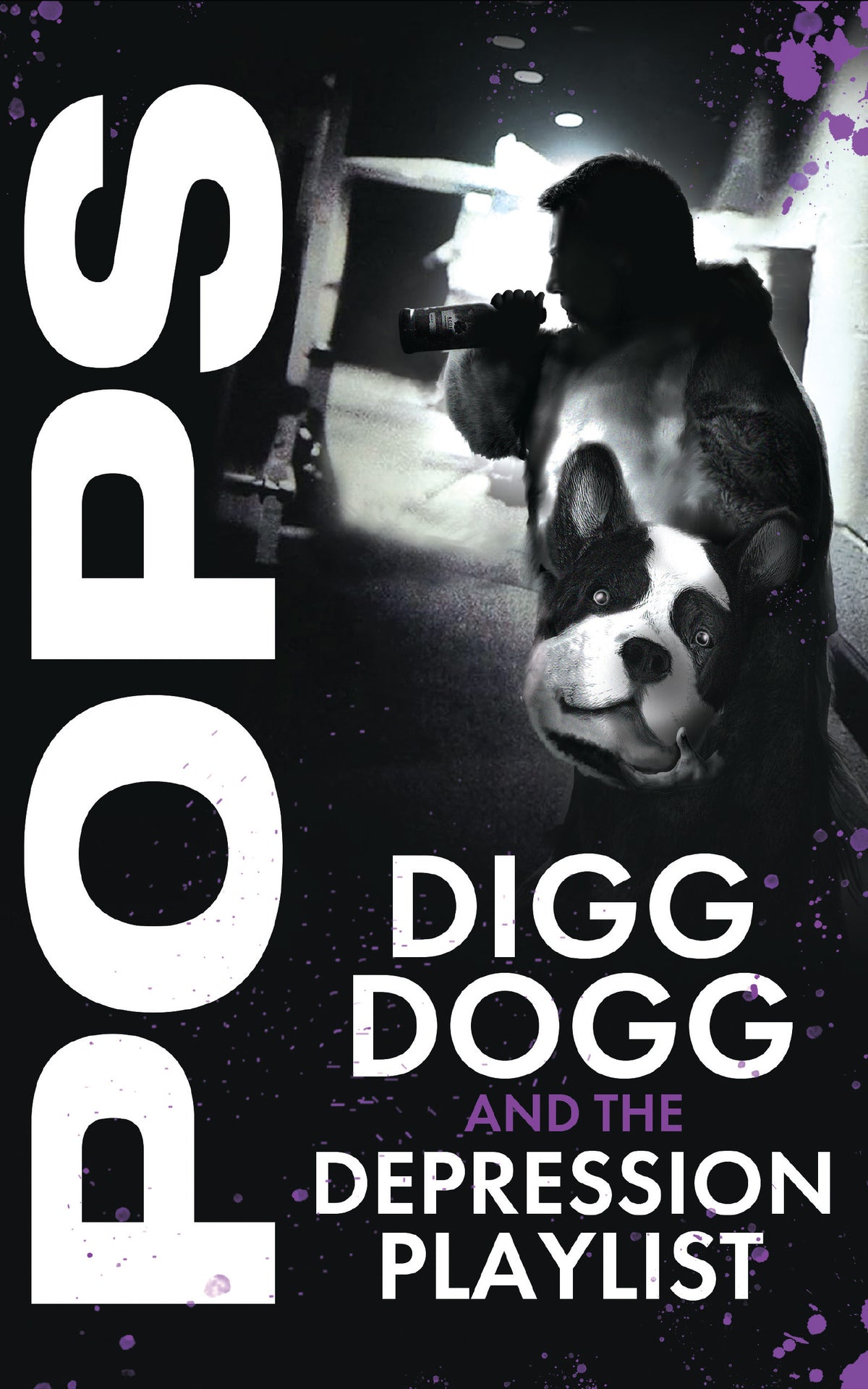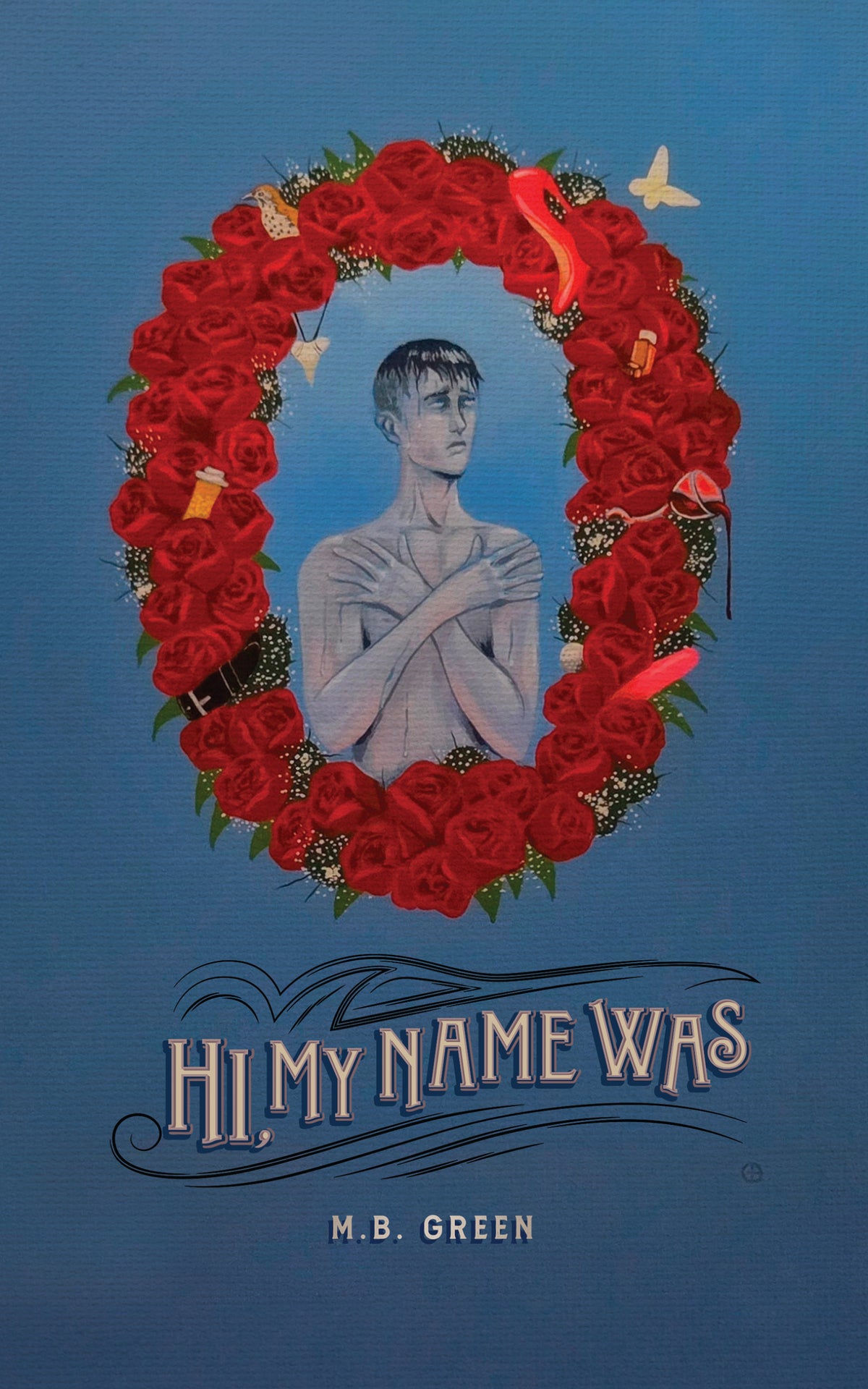Literature has always been a mirror to society, reflecting its beauty, its contradictions, and its flaws. But some writers take it a step further, not just holding up a mirror but smashing it into shards and daring readers to look. That’s the essence of transgressive fiction: storytelling that deliberately crosses social, moral, and cultural boundaries. It’s bold, unsettling, and often deeply thought-provoking.
In this post, we’ll explore what transgressive fiction is, why it matters, and the transgressive fiction authors who’ve made the genre a powerful cultural force.

The Roots of Transgressive Fiction
Though the label is relatively modern, the spirit of transgression in literature is centuries old. Writers have always used narrative as a tool to disrupt the status quo. Think of:
-
Marquis de Sade (18th century), who scandalized Europe with explicit explorations of sexuality, power, and cruelty.
-
Fyodor Dostoevsky (19th century), whose characters often wrestled with morality, guilt, and crime, breaking social expectations of righteousness.
-
Oscar Wilde, whose unapologetic portrayals of decadence and forbidden desire challenged Victorian sensibilities.
But the term “transgressive fiction” as we know it today gained momentum in the late 20th century, particularly in the 1980s and 1990s, with authors who deliberately positioned themselves against mainstream literary norms.
Characteristics of Transgressive Fiction
While no two works are the same, most transgressive fiction shares certain traits:
-
Taboo Subjects – From drug use to sexual deviance, the genre thrives on tackling what society avoids.
-
Antiheroes – Protagonists are rarely likable. They may be addicts, criminals, or outsiders who refuse to play by the rules.
-
Moral Ambiguity – Rarely are readers given a “lesson.” Instead, they’re asked to sit with discomfort.
-
Unfiltered Voice – The prose is often raw, direct, and confrontational, matching the intensity of the subject matter.
-
Critique of Systems – Beyond shock value, much of transgressive fiction critiques societal structures like capitalism, consumerism, and conformity.
Why Read Transgressive Fiction?
At first glance, one might dismiss the genre as sensational or nihilistic. But to stop there would be to miss its depth.
-
It reveals hidden truths. By exposing the things society represses, transgressive fiction challenges readers to confront uncomfortable realities.
-
It tests empathy. Readers are asked to understand characters who may disgust or disturb them, broadening emotional range.
-
It resists conformity. In an era of mass-market entertainment, transgressive fiction refuses to play safe, keeping literature alive as a form of rebellion.
-
It’s cathartic. For many readers, engaging with extremes on the page provides a safe way to explore the darker edges of human experience.
Influential Transgressive Fiction Authors
The genre has produced some of the most provocative and influential writers of modern times. While their styles vary, each has expanded the boundaries of literature.
1. Chuck Palahniuk
Perhaps the most recognizable name in modern transgressive fiction, Palahniuk is best known for Fight Club—a novel that critiques consumer culture and explores masculinity through violence and chaos. His work consistently examines alienation, self-destruction, and society’s hypocrisies.
2. Bret Easton Ellis
With American Psycho, Ellis delivered one of the most infamous works of the genre. His brutal portrayal of Patrick Bateman, a Wall Street banker and serial killer, is both shocking and a biting satire of 1980s materialism.
3. Irvine Welsh
Author of Trainspotting, Welsh brings the world of Scottish heroin addicts to the page with dark humor, brutal realism, and unflinching honesty. His dialect-heavy prose immerses readers in marginalized communities often ignored by mainstream fiction.
4. Kathy Acker
Known for her experimental style, Acker pushed boundaries both in form and content. Her works often blur the lines between autobiography, plagiarism, and fiction while exploring themes of sexuality, power, and identity.
5. William S. Burroughs
A literary icon of the Beat Generation, Burroughs’ Naked Lunch was banned for obscenity but later hailed as groundbreaking. His nonlinear, surreal narratives tackle addiction, control, and repression with hallucinatory intensity.
6. J.G. Ballard
Though sometimes categorized as speculative fiction, Ballard’s novels like Crash (exploring sexual fetishization of car accidents) exemplify transgression by fusing violence, technology, and desire into unsettling narratives.
The Legacy and Future of Transgressive Fiction
In today’s world, where boundaries between the acceptable and the offensive shift constantly, transgressive fiction remains as vital as ever. While some argue that shock value has lost its edge in an age of internet saturation, others point out that literature still has the unique ability to delve into human psychology in ways that clickbait headlines and viral content cannot.
New transgressive fiction authors continue to emerge, often tackling contemporary taboos such as digital surveillance, gender fluidity, climate collapse, and the commodification of identity. The genre evolves with society’s anxieties, always pushing into whatever spaces culture tries to suppress.
One new transgressive fiction author, M.B. Green, has written several powerful and engaging books that are definitely worth reading. His books Tearjerk and Hi, My Name Was follow engaging characters through addition, trauma, violence, and death.
Green's books align with the transgressive fiction genre and push boundaries like the influential authors above.
Should You Read Transgressive Fiction?
The answer depends on your tolerance for discomfort. If you prefer stories that comfort, reassure, or uphold moral order, this may not be your genre. But if you’re curious about the edges of human experience, and if you’re willing to be disturbed, challenged, and sometimes unsettled, then transgressive fiction offers something powerful.
At its best, it’s not about glorifying darkness but about exposing truths we often ignore. By transgressing against the rules of polite storytelling, it shows us just how fragile—and fascinating—those rules really are.
Final Thoughts
Transgressive fiction is more than a genre; it’s a literary rebellion. It dares to cross boundaries, question morals, and explore the forbidden. From Burroughs to Palahniuk, from Acker to Welsh, transgressive fiction authors have left behind works that shock, provoke, and endure.
For readers, the challenge is simple: step outside comfort zones and into stories that test limits. You might not always like what you find—but you’ll never forget it.






